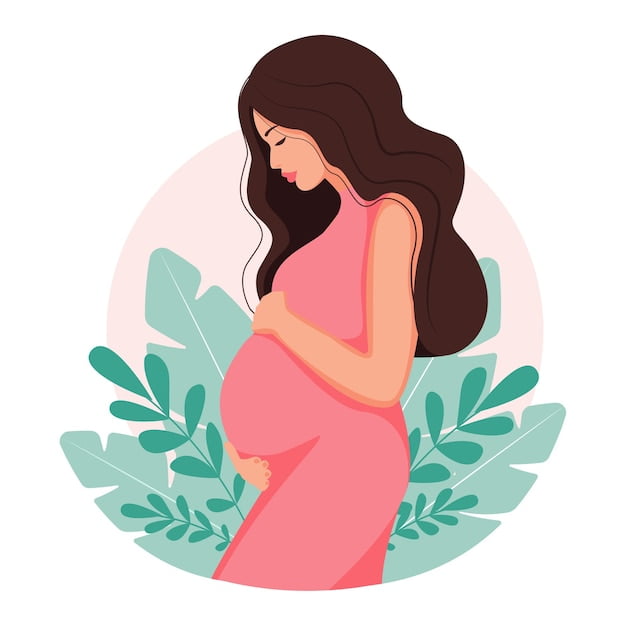
Contents
Introduction
Bringing a new life into the world is a profound and beautiful journey. However, for women who experience vaginismus, a condition characterized by involuntary muscle contractions that make vaginal penetration painful or impossible, pregnancy can bring about unique challenges. In this article, we will explore the topic of pregnancy with vaginismus, discussing the difficulties, potential treatments, and the emotional aspects of this journey.
Understanding Vaginismus
What is Vaginismus?
Vaginismus is a condition where the muscles around the vaginal opening involuntarily tighten, making it difficult or painful to insert anything into the vagina, including tampons, fingers, or a penis. This condition can vary in severity, with some women experiencing mild discomfort and others unable to have penetrative sex.
Causes of Vaginismus
Vaginismus can have various causes, including psychological factors such as fear, anxiety, or past traumatic experiences. It can also be related to physical factors, such as infections or hormonal imbalances. Understanding the underlying cause is crucial for effective treatment.
Vaginismus and Pregnancy
The Challenges of Conception
For women with vaginismus, conceiving can be a challenging process. Attempting sexual intercourse can be painful and frustrating, leading to emotional distress for both partners. It’s essential to communicate openly with your partner and seek professional help if needed.
Pregnancy and Vaginismus
Once pregnancy is achieved, new challenges may arise. Routine gynecological examinations and prenatal care can be uncomfortable or even impossible for some women with vaginismus. It’s essential to inform your healthcare provider about your condition to ensure they provide you with the necessary support and alternatives.
Treatment Options
Physical Therapy
Physical therapy, focusing on relaxation exercises and gentle stretching of the vaginal muscles, can be highly beneficial for women with vaginismus. These exercises can help reduce muscle tension and improve the chances of a comfortable pregnancy.
Psychological Support
Seeking the guidance of a therapist or counselor can be instrumental in addressing the emotional aspects of vaginismus. These professionals can help you manage anxiety and work through any past traumas that may contribute to the condition.
Emotional Aspects
Coping with Anxiety
Pregnancy can be an anxiety-inducing time for any woman, but for those with vaginismus, the fear of childbirth and the physical aspects of pregnancy can be particularly distressing. It’s essential to surround yourself with a supportive network of friends and family and consider joining support groups.
Bonding with Your Baby
Despite the challenges, pregnancy can also be a time of profound joy and connection with your unborn child. Focus on the positive aspects of your journey and explore alternative ways of bonding with your baby, such as through music or talking to your belly.
Conclusion
Pregnancy with vaginismus may present unique challenges, but it is entirely possible to navigate them with the right support and resources. Seeking professional help, both physical and emotional, is key to ensuring a comfortable and fulfilling pregnancy experience.
FAQs
- Is it possible to have a natural birth with vaginismus?
- While it can be more challenging, many women with vaginismus have successfully had natural births with the help of supportive healthcare providers.
- Can vaginismus affect fertility?
- Vaginismus can make conception more challenging due to painful intercourse, but it does not necessarily affect fertility itself.
- Are there alternative methods of becoming pregnant for women with vaginismus?
- Yes, alternatives such as intrauterine insemination (IUI) or in vitro fertilization (IVF) can be considered, depending on individual circumstances.
- Can vaginismus be cured during pregnancy?
- While it may not be entirely cured, symptoms of vaginismus can improve with appropriate treatment and support.
- How can I find a supportive healthcare provider during pregnancy with vaginismus?
- Seek recommendations from support groups or therapists specializing in sexual health and communicate openly with potential healthcare providers about your condition.




